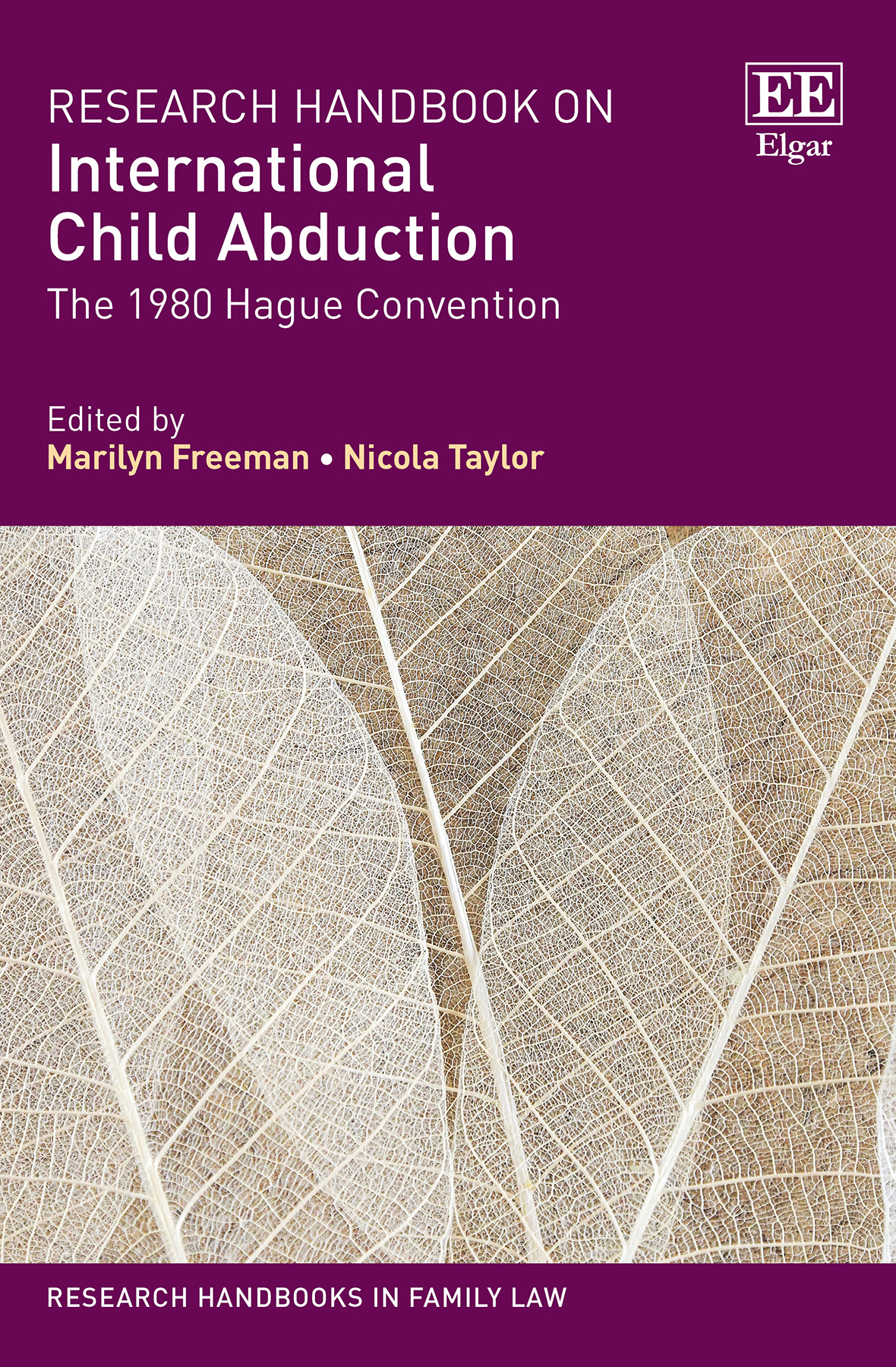The Titanium Brace Tightens: Rome II and Director Liability after Wunner
By Luisa Cassar Pullicino and Krista Refalo, Ganado Advocates
In the preliminary reference Case C-77/24 Wunner (the Titanium Brace case), the CJEU was asked to determine whether a damages claim brought by a consumer directly against company directors for losses suffered from unlicensed online gambling fell within the scope of the Rome II Regulation (Regulation (EC) No 864/2007), or whether it was excluded under Article 1(2)(d) as a “non-contractual obligation arising out of the law of companies”.
The practical stakes were considerable. If Rome II applied, Article 4(1) would designate the law of the place where the damage occurred — which, for online gambling losses, would normally be the habitual residence of the consumer. If excluded, the applicable law would instead be determined by national conflict-of-laws rules, typically, the lex societatis.




